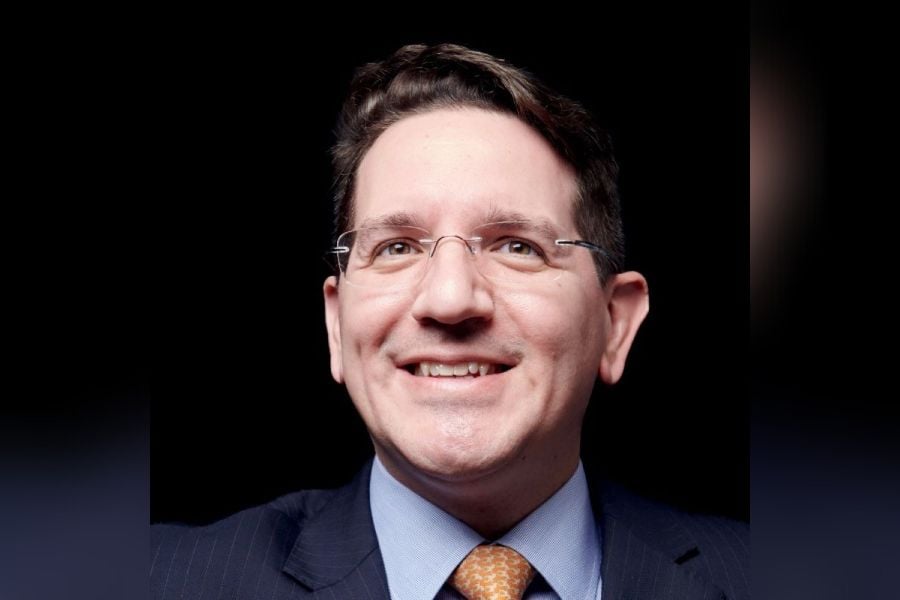

Alonso Rodriguez Segarra, CEO of Advise Financial, traces his roots back to Venezuela - a country that once epitomized wealth in Latin America. Born into a well-off family, he had a life many would envy: a beautiful house in Boca, education from a prestigious university, and a promising career in one of Venezuela's largest banks.
"I have always been a finance person and I thought my life would be like that," he says. However, that all changed with the rise of [President] Hugo Chavez and the ensuing political and economic turmoil.
Segarra recounts this period with stark realism, describing how his family and friends left the country. Despite the chaos, he initially chose to stay, continuing his work in wealth and trust administration.
"I was still doing what I love," he says, but the veneer of normalcy was thin.
The economic policies of the time, while seemingly beneficial in the short term, led to what Segarra describes as "the biggest destruction of wealth in all Latin America".
"It was almost like the Cinderella story," he says, "because that money... if you don't use it, you lose it."
Segarra's decision to migrate to the U.S. was not just about fleeing instability but also about seeking opportunities. He saw a gap in the U.S. financial planning sector, particularly among Hispanic communities.
"Only two thousand of us are Hispanic," he says. This insight led to the birth of Advise Financial – in which Segarra leveraged his expertise as a Certified Financial Planner to serve a diverse client base, including many from the Hispanic community.
He describes his role as more than just managing assets; it's about education and empowerment. Segarra’s approach to financial literacy through YouTube channels, podcasts, and LinkedIn articles reflects his commitment to bridging the knowledge gap.
And Segarra's global perspective is evident in his business model. He maintains a back office in South America, blending local client relationships in the U.S. with international support. This strategy not only broadens his client base but also enables him to operate more efficiently.
"It's not just asset under management or hourly financial planning," he says. “I'm still working with international clients if they want us to manage their assets – it’s more investment administration there. When you feel it is when they come to the U.S., they just migrate it – they don't have a credit score. This is where I can add value.”

Rajesh Markan earlier this year pleaded guilty to one count of criminal fraud related to his sale of fake investments to 10 clients totaling $2.9 million.

From building trust to steering through emotions and responding to client challenges, new advisors need human skills to shape the future of the advice industry.

"The outcome is correct, but it's disappointing that FINRA had ample opportunity to investigate the merits of clients' allegations in these claims, including the testimony in the three investor arbitrations with hearings," Jeff Erez, a plaintiff's attorney representing a large portion of the Stifel clients, said.

Chair also praised the passage of stablecoin legislation this week.

Maridea Wealth Management's deal in Chicago, Illinois is its first after securing a strategic investment in April.
Orion's Tom Wilson on delivering coordinated, high-touch service in a world where returns alone no longer set you apart.
Barely a decade old, registered index-linked annuities have quickly surged in popularity, thanks to their unique blend of protection and growth potential—an appealing option for investors looking to chart a steadier course through today's choppy market waters, says Myles Lambert, Brighthouse Financial.
